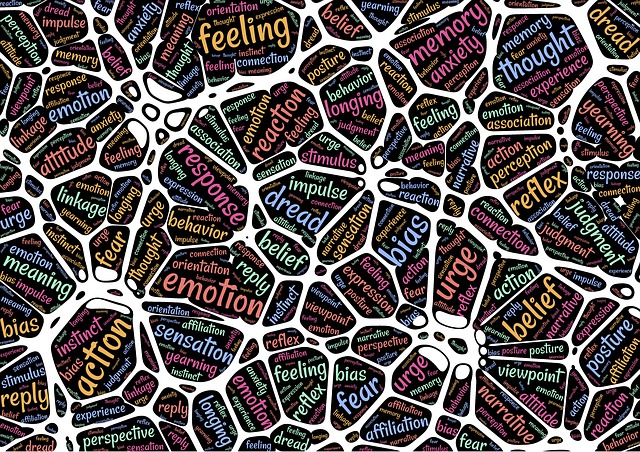Teenage Brains Can’t Tell What’s Important and What Isn’t

Adults are generally pretty good at being able to tell when a situation is worthy of extra time or concentration. Research has found that, when potential rewards or losses are higher, for example, adults will perform better on tasks. But this doesn’t seem to be the case for adolescents.
Catherine Insel, at Harvard University, and her team asked adolescents between the ages of 13 and 20 to play a game while lying in an fMRI brain scanner. In some rounds of the game, participants could earn 20 cents for a correct response, while an incorrect one would cost them 10 cents. But in rounds with higher stakes, correct responses were worth a dollar, and wrong answers lost the participants 50 cents.
The team found that while the older volunteers performed better in the high stakes rounds, the younger ones didn’t – their performance didn’t change in line with whether the stakes were low or high. And the older the volunteers were, the more improved their performance was. “Interestingly, the ability to adjust performance according to the stakes at play emerged gradually across adolescence,” says Insel.
When the team looked at the brain activity of the volunteers, they found that their ability to improve their performance was linked to how developed their brains were. A region called the corticostriatal network seemed to be particularly important. This is known to connect areas involved in reward to those that control behavior, and continues to develop until we are at least 25 years old.
The more developed their corticostriatal network was, the better volunteers were able to boost their performance on high stakes tasks, says Insel.
The findings explain why some adolescents are so nonchalant when it comes to risky behaviors, says Kathrin Cohen Kadosh, at the University of Surrey, UK. Teenagers are much more likely to drive dangerously, for instance, especially when one of their friends is nearby.
Read the full article in New Scientist A YouTube video summarizing the research findings is available here: https://youtu.be/XLZRibXGcsU



